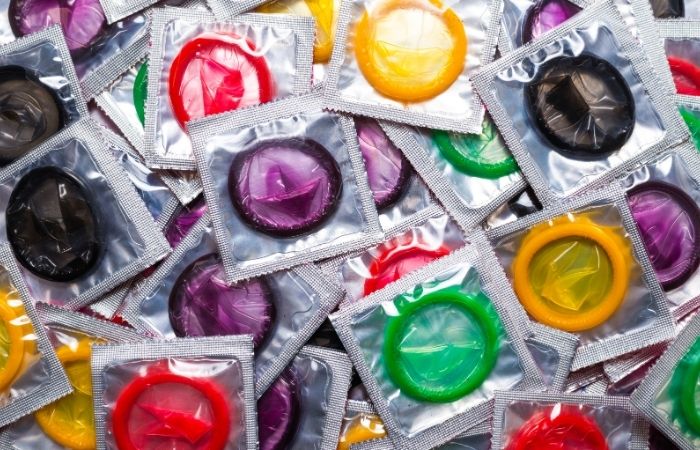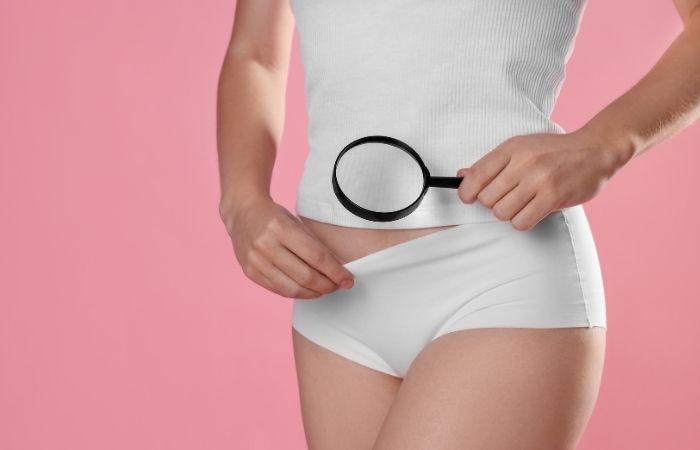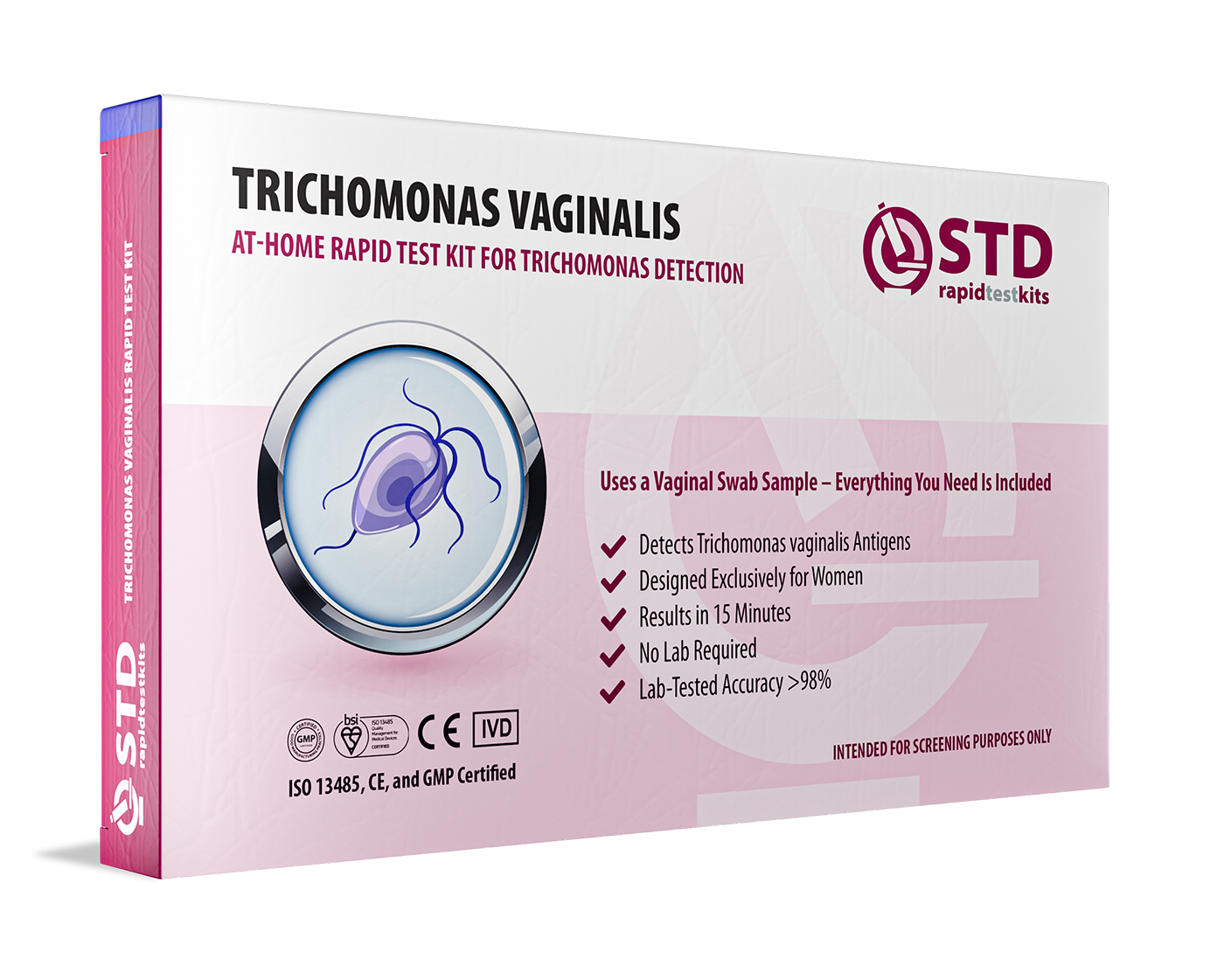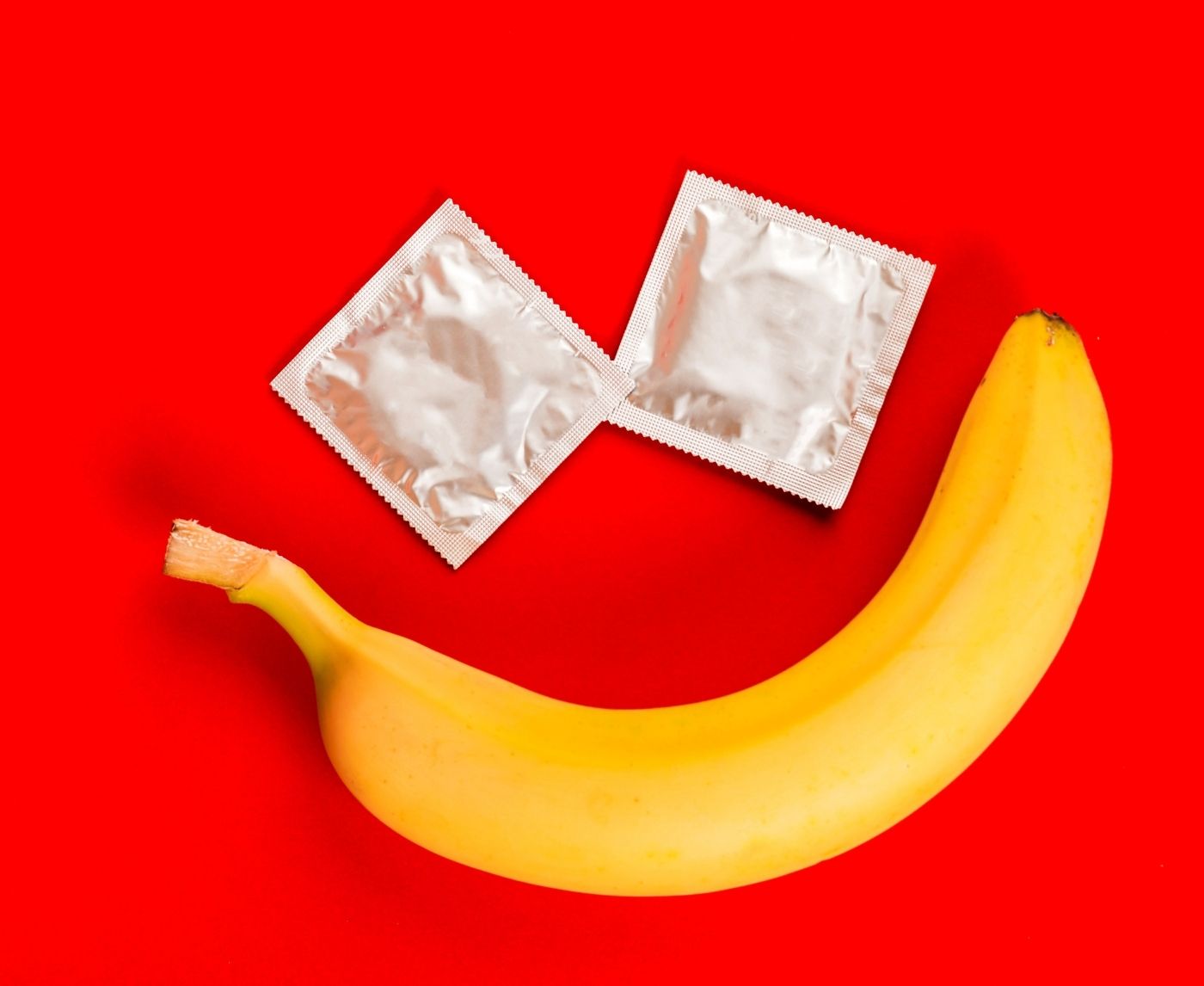Quick Answer: Showers don’t prevent trichomoniasis or any STI. Condoms do. So does getting treated alongside your partners. Anything else, douching, washing, hoping, is myth, not medicine.
“I Thought a Quick Rinse Would Protect Me”
Marcus, 27, admitted he used to think hygiene was half the battle. “After hookups, I’d hop straight in the shower, scrub down, and figure that was safer. Like I could wash away any risk if I was fast enough.” He laughs, then shakes his head. “Turns out, that’s not how parasites work.”
Trichomoniasis, “trich” for short, isn’t some surface-level bug you can rinse off. It’s caused by a protozoan parasite, Trichomonas vaginalis, that thrives in genital tissue and fluids. According to the World Health Organization, it’s the most common curable STI in the world, affecting millions each year. But most people don’t even know they have it because symptoms are often mild or completely invisible.
That’s why myths about showers, baths, or even sitting on the “wrong” toilet seat are so sticky. They let us believe we can control trich with simple routines. But the parasite doesn’t care how clean you are, it only cares about contact. And that means prevention looks very different than we’ve been told.

People are also reading: Why Antibiotics Can’t Save Us Anymore: The Rise of Untreatable Viral STIs
The Hygiene Myth: Why Washing Doesn’t Work
Showers are good for many things, confidence, comfort, smelling like eucalyptus, but preventing trichomoniasis isn’t one of them. Once the parasite enters through sexual contact, rinsing the skin does nothing. Everlywell points out bluntly: showers don’t reduce STI risk. And douching? Even worse. Studies show it can increase your risk by disrupting the vagina’s natural defenses.
Sasha, 24, shared, “My mom told me douching after sex kept you safe. I believed her until I got trich twice in the same year. Now I know it wasn’t about being ‘clean.’ It was about my partner never getting treated, so I just kept getting reinfected.”
This is the dangerous part of myths: they don’t just fail, they set you up for repeat cycles of shame, infection, and mistrust. The shower myth feels safe. Reality feels harder: you need barriers, testing, and partner honesty. But reality is also what works.
Condoms Are the Real Protection
If showers don’t work, what does? Condoms. The plain, unsexy truth is that consistent condom use is one of the most effective ways to prevent trichomoniasis. The medical consensus is clear: the parasite is transmitted through genital fluids and contact. Barriers like condoms and internal condoms block that pathway. No guessing. No myths. Just protection that works when you actually use it every time.
But here’s the catch: not everyone feels comfortable insisting on condoms, especially in long-term relationships. Camila, 30, explained: “My partner and I ditched condoms after a year together. When I tested positive for trich, I was devastated. He swore he hadn’t cheated, but the truth was, neither of us had been tested in ages. We didn’t even know when it started.”
That’s the overlooked part of prevention. Condoms aren’t just about casual sex, they’re a tool in steady relationships too, at least until both partners are tested and treated. And with trich, treating both partners matters more than people realize.
Reinfection: The Cycle No One Talks About
One of the biggest reasons trich keeps circulating is reinfection. Here’s how it happens: Person A gets treated. Feels better. Has sex with Person B, who never got treated. Boom, Person A has trich again. The CDC warns that simultaneous partner treatment is critical. Otherwise, you’re playing ping-pong with a parasite.
Jordan, 34, said, “I felt like I was losing my mind. I did everything right, finished my antibiotics, didn’t have sex during treatment, but the infection came back. Turns out my girlfriend didn’t get treated because she didn’t have symptoms. No one told us it worked that way.”
And that’s the tricky part. Up to 70% of men with trich show no symptoms. They carry it silently, passing it on without knowing. Which means relying on symptoms, or showers, or vibes, isn’t prevention. Testing and treating together is the only way to close the loop.
Check Your STD Status in Minutes
Test at Home with Remedium7-in-1 STD Test Kit

 For Men & Women
For Men & Women Results in Minutes
Results in Minutes No Lab Needed
No Lab Needed Private & Discreet
Private & DiscreetOrder Now $129.00 $343.00
For all 7 tests
The Myth of Non-Sexual Transmission
Trich has a stubborn rumor attached to it: you can get it from toilet seats, wet towels, or swimming pools. Technically? The parasite can survive outside the body for a short time in moist environments. Realistically? That’s not how most people get it. Health educators stress that sexual transmission accounts for the overwhelming majority of cases.
But these myths have weight because they soothe shame. It’s easier to say “I caught it from a towel” than to talk about a hookup or a partner’s honesty. Myths protect reputations, but they don’t protect your body. Facing the truth, however awkward, is the only way to stop trich in its tracks.
Stigma: The Parasite We Don’t Talk About
Here’s the wild part: trichomoniasis is the most common curable STI in the world, yet almost nobody talks about it. Why? Because it’s wrapped in shame. People think of it as “dirty,” something you get from being careless, or worse, something you can scrub away in the shower. But silence and stigma don’t stop infections. They just keep people from getting tested.
Leah, 25, remembered how she reacted to her diagnosis: “I was embarrassed. I didn’t even want to tell my doctor at first. When she said it was trich, I thought, ‘What even is that?’ I’d heard of chlamydia and gonorrhea, but trich sounded… dirtier somehow. Like I’d failed Hygiene 101.”
That’s what stigma does, it convinces you that you did something wrong, instead of reminding you that you’re human, you had sex, and you picked up something incredibly common and treatable. Once Leah finished her antibiotics and her partner got treated too, the infection was gone. But the shame? That took longer to leave than the parasite.
Why Trich Deserves More Attention
Trich isn’t just an “itchy inconvenience.” Untreated, it can increase your risk of other infections, including HIV. The WHO reports that trichomoniasis causes genital inflammation, which makes it easier for HIV to enter the body. In other words: ignoring trich doesn’t just affect your current symptoms, it can change your long-term health risks.
Andre, 31, said he brushed off his first bout of trich. “It cleared with meds, and I didn’t think twice about it. But when I learned it raised my risk for HIV, it hit different. Like, this isn’t just about being itchy or embarrassed. This is bigger.”
That’s the urgency piece we don’t talk about. Trich is preventable, treatable, and common, but untreated, it creates vulnerabilities we can’t ignore. And the way forward isn’t fear, it’s clarity.

People are also reading: Do Dental Dams Actually Work? A Sex-Positive Deep Dive
Let’s Talk About Real Prevention
So here’s what works. Condoms, used every time. Partner treatment, without exceptions. Testing, even when no one has symptoms. And a hard stop on myths: no, you can’t shower it away. No, douching won’t help. No, blaming towels or toilet seats isn’t the answer.
Maya, 28, summed it up best after her second diagnosis: “The first time, I thought I just got unlucky. The second time, I realized I had to take control. Now, I don’t wait for symptoms. I don’t assume my partners are fine. I test, I ask, I use condoms. And guess what? I feel freer, not more restricted.”
That’s the sex-positive truth about prevention. It’s not about paranoia. It’s about empowerment. When you know what actually works, you can stop wasting energy on myths, and start protecting your pleasure for real.
You Can’t Wash Away Risk, But You Can Take Control
If there’s one takeaway here, it’s this: trichomoniasis doesn’t care how clean you are, how long you linger in the shower, or how obsessively you scrub after sex. The parasite doesn’t wash off. It only moves on when you stop it, with protection, with treatment, with honesty. And that’s not a punishment, it’s power.
Condoms matter. Partner treatment matters. Testing matters. What doesn’t matter? The shame you’ve been carrying. The silence that keeps you from asking questions. The myths that make you feel like you can “hack” your way out of risk with soap and water. Let those go. Keep what works. Leave what doesn’t.
If you’re wondering whether that itch, burn, or weird discharge could be trich, don’t wait for a shower to save you. It won’t. But a test will. And the sooner you know, the faster you can treat it, protect your partners, and get back to sex that feels good, without the weight of what-ifs.
At-home tests make it easy. The Combo STD Test Kit screens for trich alongside other common STIs, discreetly and quickly. No waiting rooms, no sideways looks, no myths, just facts. Because knowing is the first step to taking control, and that’s what real prevention looks like.
Check Your STD Status in Minutes
Test at Home with RemediumTrichomoniasis Test Kit

 For Women
For Women Results in Minutes
Results in Minutes No Lab Needed
No Lab Needed Private & Discreet
Private & DiscreetOrder Now $33.99 $49.00
FAQs
1. Does showering after sex stop trich?
I wish it did, it’d make life simpler. But no, showers don’t touch parasites once they’ve made contact. You can scrub until your skin squeaks and it won’t matter. Showering is great for comfort, not prevention. If trich could be washed off, it wouldn’t be the most common curable STI worldwide.
2. Why did I get trich back even after taking meds?
Probably because your partner didn’t get treated. That’s the trich trap: you feel better, you hook up again, and boom, parasite’s back. It’s not that the antibiotics failed; it’s that you were playing ping-pong with someone who was still carrying it. Always treat together, even if the other person has no symptoms.
3. Could I have caught it from a towel or toilet seat?
Here’s the honest answer: theoretically, yeah, the parasite can hang out in damp places for a bit. But in reality? Almost every case is from sex. Blaming a towel is like blaming the weather for a flat tire, it feels easier than admitting what really happened, but it’s not the truth.
4. Do condoms actually work against trich?
Yes, and they work better than anything else we’ve got. Trich lives in genital fluids, and condoms block that exchange. Are they perfect? Nothing is. But they’re your best friend in prevention. Condoms are the reason millions of people don’t end up passing trich back and forth without even knowing it.
5. Is douching a good idea after sex?
Nope. It might feel “clean,” but science is brutally clear: douching messes with your natural defenses and can make infections like trich more likely, not less. The vagina is self-cleaning. Respect that magic. Put the scented bottle down.
6. Is trich really that common, or am I just unlucky?
It’s very common, millions of people get it every year. Most don’t realize because symptoms can be light or invisible, especially in men. You’re not a rare case, and you’re definitely not dirty. You just got what a lot of sexually active people eventually get.
7. Can trich make sex more dangerous?
Yes, in one specific way: trich causes inflammation, and that makes it easier for HIV to take hold if you’re exposed. So treating trich isn’t just about comfort, it’s about long-term protection. Your body deserves that level of care.
8. Can I have sex again after treatment?
Absolutely, but give it a week after finishing antibiotics, and make sure your partner’s treated too. Otherwise you’re just inviting the parasite back to the party. Once both of you are cleared, sex is back on the table, safer, and with a lot less worry hanging over your head.
9. What if I don’t have symptoms? Should I still test?
Yes. Trich can be silent, and silence doesn’t mean safety. The only way to know is to test. If you’ve had unprotected sex or you’re just curious, testing is peace of mind in a little box.
10. Where’s the least awkward place to test?
At home. The Combo STD Home Test Kit lets you swab or prick in private, mail it in, and get results without the side-eye in a clinic waiting room. It’s fast, discreet, and way less stressful than guessing.
Takeaway: Leave the Myths in the Shower
Trichomoniasis isn’t about being dirty, careless, or unlucky. It’s about contact. And the truth is, you can’t scrub it away in a shower. You can’t rinse it out with a douche. You can’t blame the towel. What works is condoms, partner treatment, and testing. That’s it. Simple, clear, doable.
So if you’re feeling the itch of uncertainty, or the itch of something more literal, don’t wait. Get tested today, treat together, and keep your sex life thriving without the myths weighing you down.
Sources
1. WHO – Trichomoniasis Fact Sheet
2. CDC – Trichomoniasis Treatment Guidelines
3. Everlywell – Showering After Sex and STIs










